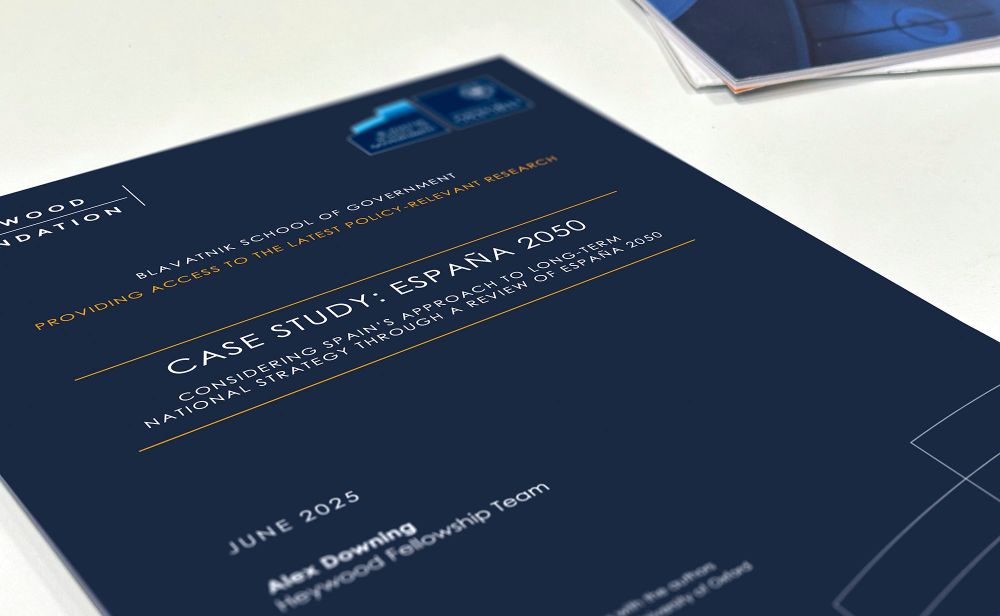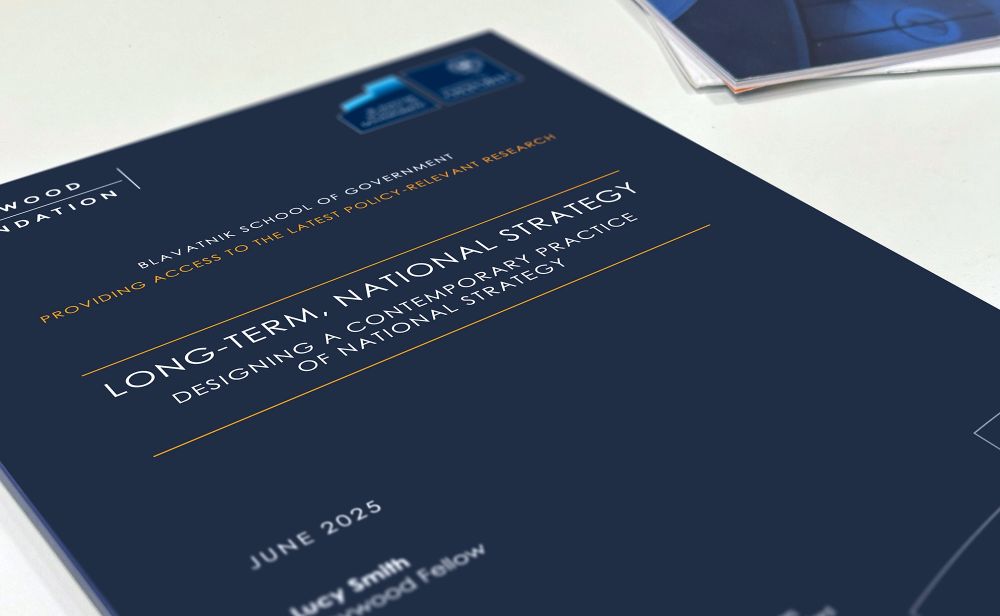
https://uk.bookshop.org/shop/MSOstrowski
https://www.mariusostrowski.com/
How do we describe what it has and does?
And how do we analyse it over time, and compare it with other countries?
That's what the paper on national capacities is about: the five factors a country mobilises to achieve national outcomes.
www.bsg.ox.ac.uk/research/pub...

How do we describe what it has and does?
And how do we analyse it over time, and compare it with other countries?
That's what the paper on national capacities is about: the five factors a country mobilises to achieve national outcomes.
www.bsg.ox.ac.uk/research/pub...
Were there times when it was clearer, more successful, more strategic?
What brought about these changes?
That's the theme of the historical paper: periods and turning points in UK strategic ideology.
www.bsg.ox.ac.uk/research/pub...

Were there times when it was clearer, more successful, more strategic?
What brought about these changes?
That's the theme of the historical paper: periods and turning points in UK strategic ideology.
www.bsg.ox.ac.uk/research/pub...
Huge thanks to the brilliant Kirty Topiwala and Georgina Capel for seizing on this project's potential back in 2020, and to the incredible team at @hodderbooks.bsky.social.

Huge thanks to the brilliant Kirty Topiwala and Georgina Capel for seizing on this project's potential back in 2020, and to the incredible team at @hodderbooks.bsky.social.
Huge thanks to the brilliant Kirty Topiwala and Georgina Capel for seizing on this project's potential back in 2020, and to the incredible team at @hodderbooks.bsky.social.

Huge thanks to the brilliant Kirty Topiwala and Georgina Capel for seizing on this project's potential back in 2020, and to the incredible team at @hodderbooks.bsky.social.
It brings together evidence from psychology, philosophy, sociology, political science, and much more besides.
And I can't wait to share more details with you between now and next March!

It brings together evidence from psychology, philosophy, sociology, political science, and much more besides.
And I can't wait to share more details with you between now and next March!
We all share one or more of these mindsets, and we start growing into them as soon as we are born.
Our thinker-type is the result of our experiences over the course of our lives.
Among our families and friends, in class, at work.
We all share one or more of these mindsets, and we start growing into them as soon as we are born.
Our thinker-type is the result of our experiences over the course of our lives.
Among our families and friends, in class, at work.
It brings together evidence from psychology, philosophy, sociology, political science, and much more besides.
And I can't wait to share more details with you between now and next March!

It brings together evidence from psychology, philosophy, sociology, political science, and much more besides.
And I can't wait to share more details with you between now and next March!
We all share one or more of these mindsets, and we start growing into them as soon as we are born.
Our thinker-type is the result of our experiences over the course of our lives.
Among our families and friends, in class, at work.
We all share one or more of these mindsets, and we start growing into them as soon as we are born.
Our thinker-type is the result of our experiences over the course of our lives.
Among our families and friends, in class, at work.


* Freeden et al., "Oxford Handbook of Political Ideologies"
* Heywood, "Political Ideologies: An Introduction"
For ideology as a concept:
* Eagleton, "Ideology: An Introduction"
Also my own book "Ideology" and Blakely, "Lost in Ideology"
* Freeden et al., "Oxford Handbook of Political Ideologies"
* Heywood, "Political Ideologies: An Introduction"
For ideology as a concept:
* Eagleton, "Ideology: An Introduction"
Also my own book "Ideology" and Blakely, "Lost in Ideology"

